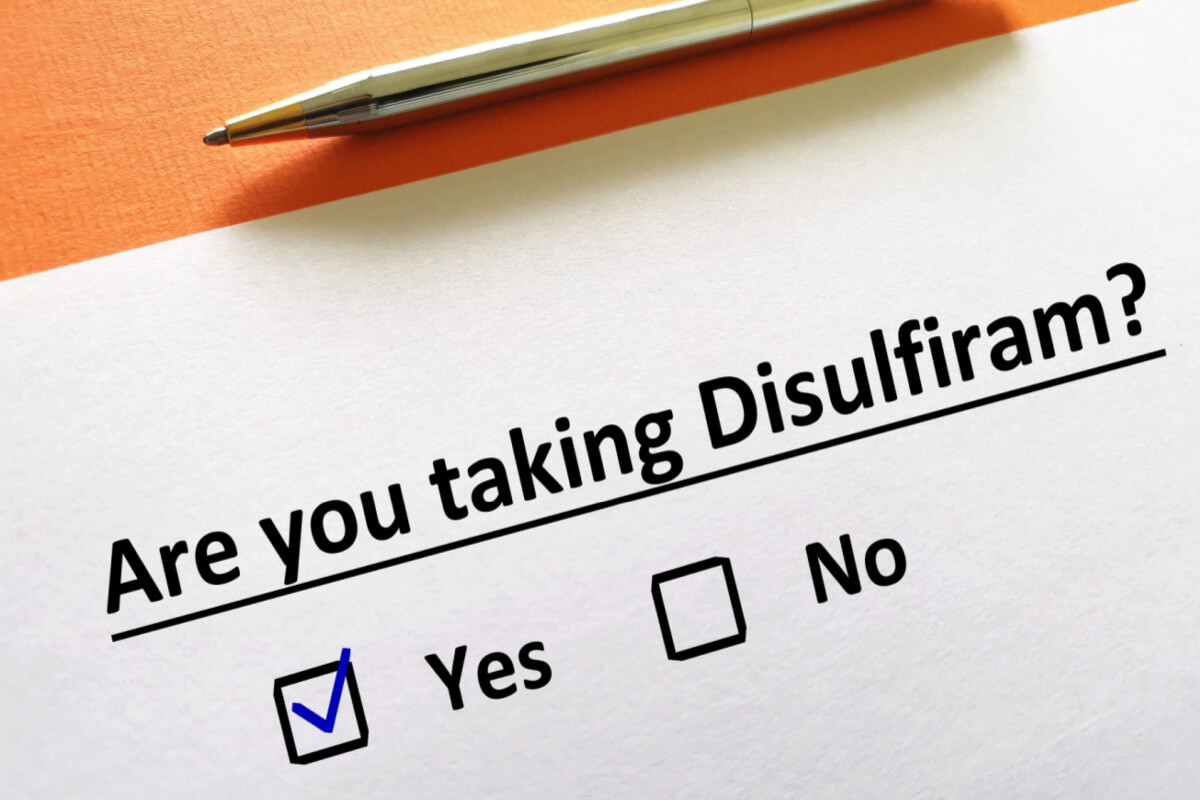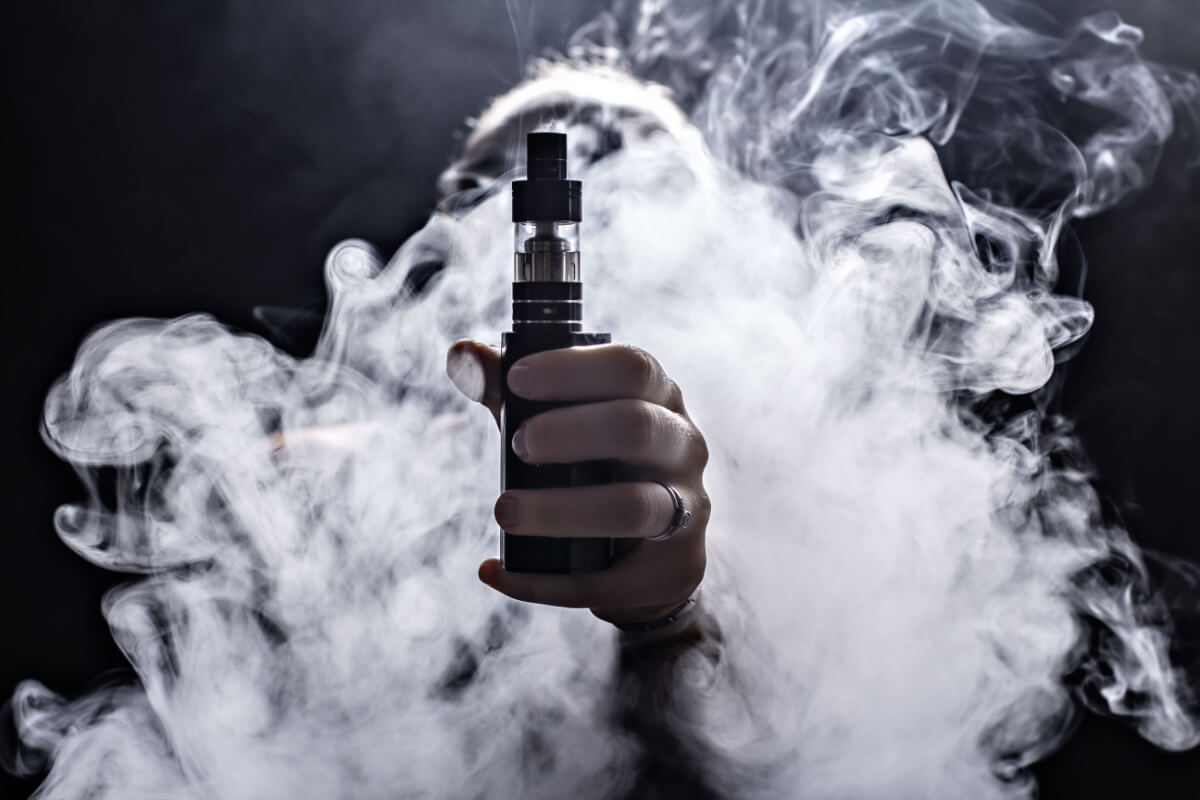
Alcohol withdrawal, in contrast to opioid withdrawal which is uncomfortable but never life threatening, can be dangerous and even life threatening. The vast majority of patients with alcohol use disorder (AUD) have mild or moderate withdrawal symptoms that are not life threatening, however a small subset of patients do experience life-threatening symptoms including seizures, changes in blood pressure, and ultimately death.[1]
Most people with alcohol-related seizures have severe alcohol misuse.[2] On the other hand, amount of intake is not necessarily correlated to the severity of withdrawal symptoms: Some people may drink larger quantities of alcohol without significant withdrawal symptoms, while others may drink comparatively less and experience severe withdrawal. The severity of withdrawal is hard to predict, and is probably due to a combination of genetics, amount of alcohol, time of use, and other personal health risk factors.
Causes of Seizures in Patients with Alcohol Use
Seizures develop due to uncontrolled electrical activity in your brain. Seizures in someone who drinks heavily are usually due to withdrawal from alcohol. However, if you have a new or first time seizure, you should undergo a careful work up to make sure your seizure was in fact due to alcohol withdrawal and not to another potential underlying medical cause such as:
1. Underlying Epilepsy
Epilepsy is a specific type of seizure disorder, the causes of which are sometimes unknown. Epilepsy can be diagnosed by doing an electroencephalogram (EEG). People with epilepsy should not drink alcohol because it can increase their risk of uncontrolled seizures, and also often interact with common anti-epileptic medications. .[3]
2. Substance Use
Some patients with AUD may also be using other substances, some of which can lower the threshold for having a seizure and cause a first time or even repeat seizures. This can include substances like cocaine or amphetamines in particular.
Seizures are sometimes associated with delirium tremens (DTs). While people with DTs can have seizures, some people develop seizures and no other DT signs. Researchers say only 35% of people who develop alcohol withdrawal seizures have DTs.[4]
3. Head Trauma
Patients who are intoxicated may fall or injure themselves and experience head trauma which can lead to a seizure if severe. If you know or suspect that you have had a head trauma prior to a new seizure, you should seek immediate medical attention.
4. Medications
Some medications can cause seizures, including: [5]
- Amphetamines
- Bupropion
- Diphenhydramine
- Isoniazid
- Tramadol
- Tricyclic antidepressants
- Venlafaxine
How Are Alcohol Seizures Treated Acutely?
People who experience seizures during one alcohol withdrawal episode are likely to get them again if they repeat the drink/sobriety cycle. Researchers say each episode makes the brain more excitable, triggering seizures at lower levels of alcohol withdrawal.[1]
First, anyone with a history of alcohol withdrawal seizures should not attempt to stop alcohol use acutely, but should always seek medical help and supervision because of the high association of alcohol withdrawal seizures and high mortality.
Ideally, patients with withdrawal seizures should be treated in the hospital or at a medically supervised detox facility.
Benzodiazepine medications are the first line treatment for alcohol withdrawal seizures.[6] Benzodiazepines are controlled substances and usually need to be carefully monitored, particularly at the necessary high doses to prevent withdrawal seizures. These medications can be given orally or intravenously, and can be dosed as needed or even scheduled/around the clock, depending on the patient’s needs and the severity of their symptoms.
How are Withdrawal Seizures Treated Long term? Will they recur?
After full withdrawal/detox from alcohol, which usually takes up to five days, the risk for withdrawal seizures decreases, unless people return to drinking.[7] If you do return to drinking, you are at risk for having further alcohol withdrawal seizures which are associated with a very high risk of ongoing brain damage, neural decline, and risk for death. Thus, the best way to ensure no further seizures is to abstain from drinking. Unlike epilepsy and other organic seizure disorders, there are no medications to prevent alcohol withdrawal seizures. The real long term treatment is abstinence.
Once you have a first time withdrawal seizure, you are at risk for having more seizures if you keep drinking. Here are some tips for how to prevent recurrence:
Avoid alcohol, especially if you have an underlying seizure disorder
If you have epilepsy, don’t drink alcohol. Your brain is vulnerable to the impact of alcohol, and no likely amount of alcohol is safe for you, particularly if you are on other anti-epileptic medications.
Don’t Drink to Excess
If you are not able to maintain complete abstinence, minimizing alcohol is always preferable. Talk to your doctor about decreasing your intake slowly and safely.
Don’t Mix Your Medications
Never mix alcohol with other illicit drugs, as this can increase your risk of seizures and overdose. If you take other medications, talk to your doctor always about whether or not they are safe to take with alcohol.
Talk to your doctor before attempting to quit “cold turkey”
If you are trying to detox from alcohol, always talk with your doctor. Explain how much you drink and how long you’ve had the habit. Let them know about any history you have of being hospitalized for alcohol withdrawal or any prior seizures that you know of. Together, you and your doctor can assess your risk for having a complicated or dangerous withdrawal and decide whether or not it is safe to go through withdrawal at home or if you might benefit from inpatient supervision.

Medically Reviewed By Elena Hill, MD, MPH
Elena Hill, MD; MPH received her MD and Masters of Public Health degrees at Tufts Medical School and completed her family medicine residency at Boston Medical Center. She is currently an attending physician at Bronxcare Health Systems in the Bronx, NY where ... Read More
- Alcohol as a Seizure Disorder. Epilepsy Foundation. https://www.epilepsy.com/what-is-epilepsy/seizure-triggers/alcohol. Accessed August 2022.
- Alcohol-Related Seizures May Be Associated with More Severe Depression, Alcohol Dependence Syndrome, and More Pronounced Alcohol-Related Problems. Epilepsy and Behavior. https://www.sciencedirect.com/science/article/abs/pii/S1525505018302610. February 2019. Accessed August 2022.
- Alcohol Use and Alcohol-Related Seizures in Patients with Epilepsy. Frontiers in Neurology. https://www.ncbi.nlm.nih.gov/pmc/articles/PMC5996121/. June 2018. Accessed August 2022.
- Clinical Predictors for Delirium Tremens in Patients with Alcohol Withdrawal Seizures. The American Journal of Emergency Medicine. https://www.sciencedirect.com/science/article/abs/pii/S0735675715000935. May 2015. Accessed August 2022.
- Common Causes of Drug-Induced Seizures. U.S. Pharmacist. https://www.uspharmacist.com/article/common-causes-of-drug-induced-seizures. January 2010. Accessed August 2022.
- Alcohol and Drugs in Epilepsy: Pathophysiology, Presentation, Possibilities, and Prevention. Epilepsia. https://onlinelibrary.wiley.com/doi/full/10.1111/j.1528-1167.2012.03613.x. September 2012. Accessed August 2022.
- Seizures in Alcohol-Dependent Patients: Epidemiology, Pathophysiology, and Management. CNS Drugs. https://pubmed.ncbi.nlm.nih.gov/14594442/. 2003. Accessed August 2022.
Download Our Free Program Guide
Learn about our program, its effectiveness and what to expect
Related articles
Imagine what’s possible on the other side of opioid use disorder.
Our science-backed approach boasts 95% of patients reporting no withdrawal symptoms at 7 days. We can help you achieve easier days and a happier future.







